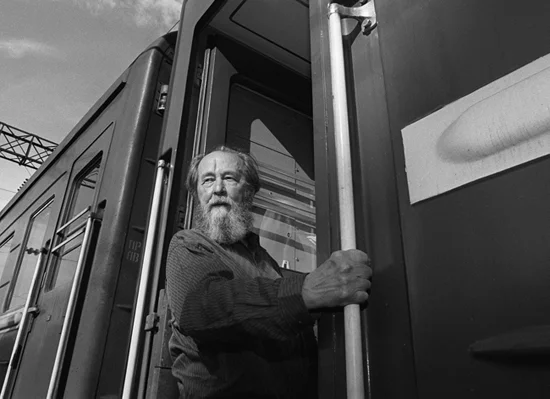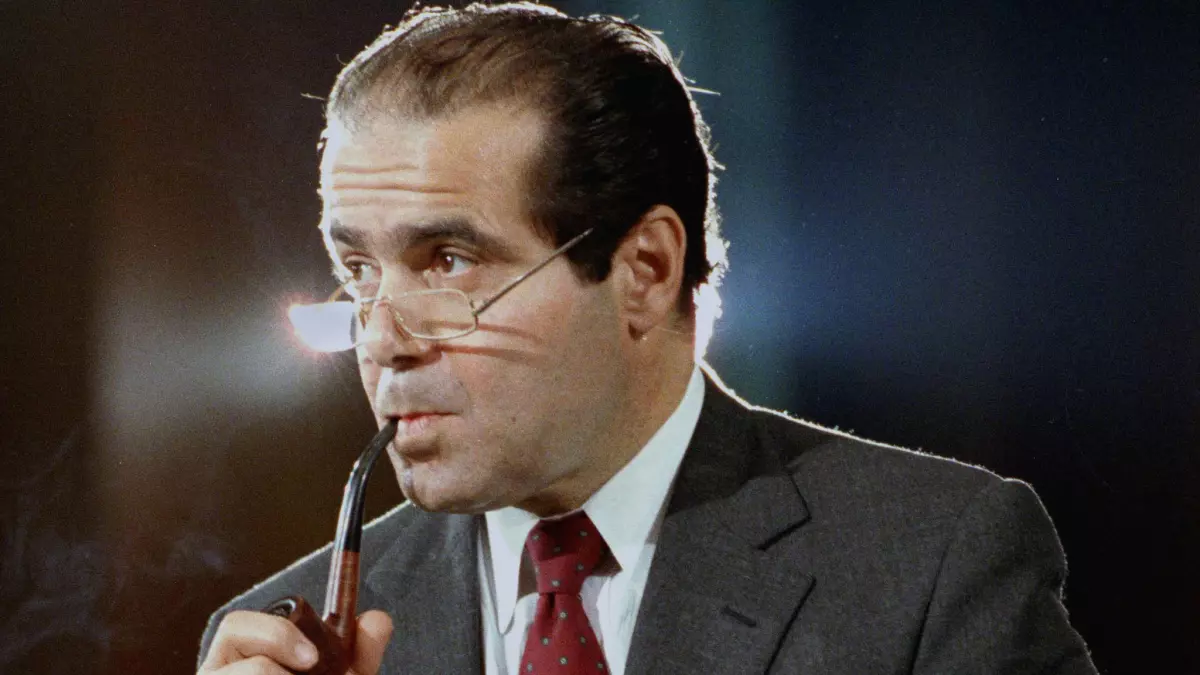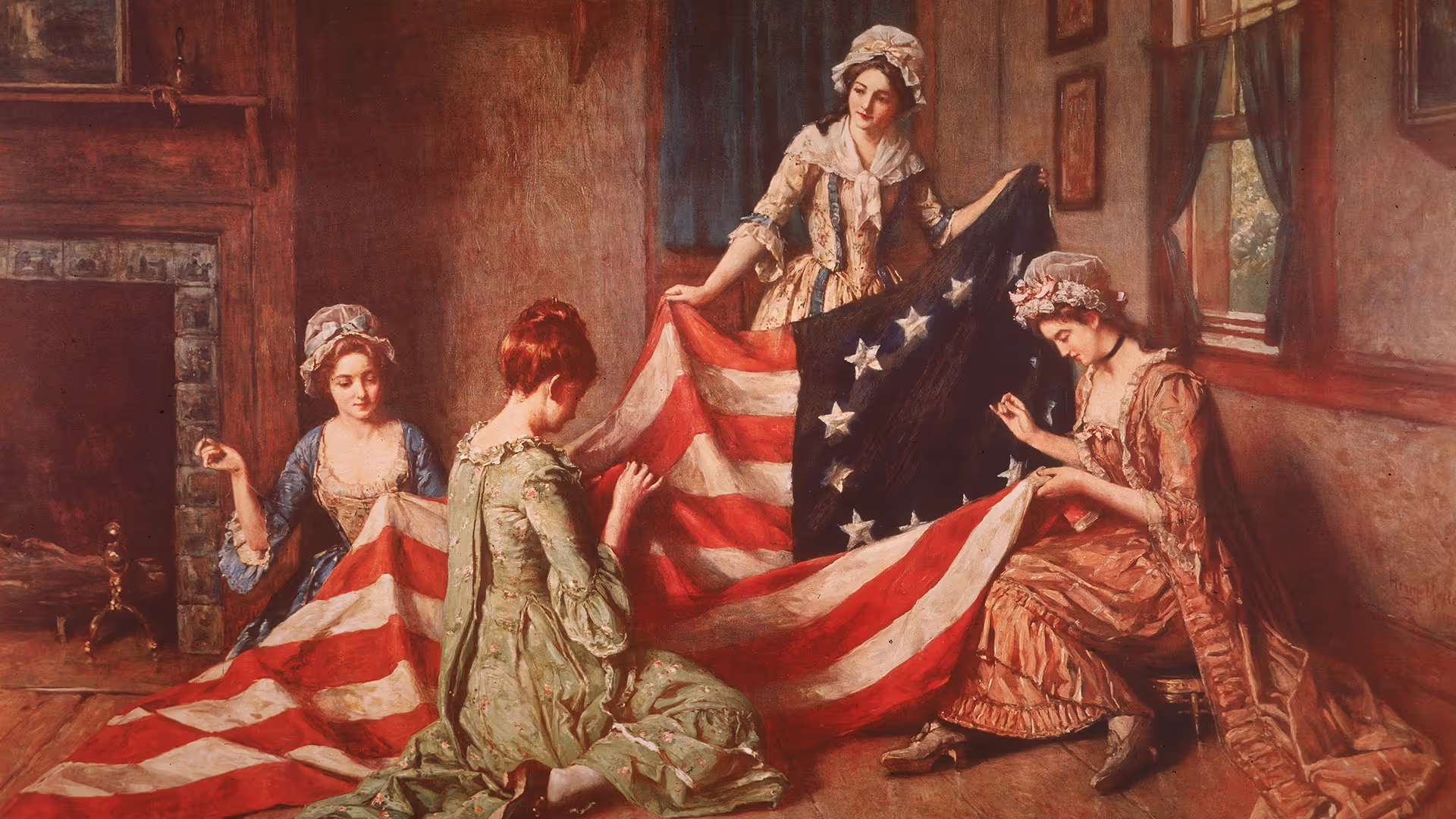
McDougall's Wiser View of American History
McDougall aims to excavate details that help round out the ideas that shaped America, in both its best and worst moments.
In The Gems of American History: The Lecturer’s Art, Walter McDougall marshals a lifetime of historical study to illuminate several episodes in American history. He offers his readers deep insight into the complexity and contingency of our past. Although this may not have been his goal, McDougall’s view of America shows us how historical writing done well resists today’s easy categories of politics and identity.
Edited collections like this tend to represent various interludes in their author’s careers. It’s easy to read them and walk away with the impression that they form a patchwork of ideas that did not quite fit into larger projects, or that the pieces were simply favorites out of a body of peer-reviewed essays repackaged for the press.
McDougall defies this stereotype, and in Gems of American History, he presents an unusually cohesive set of essays and lectures, all of which have been revised to build a narrative out of the waypoints he leads us through in time. With chapters on topics ranging from the American adaptation of the Atlantic republican tradition to the lingering effects of the Vietnam War on the nation’s soul, this is no mean feat.
An implicit question hangs over the whole of the book: What are the ideas and personalities that define America? McDougall refuses the straightforward answers so many theorists have embraced. He rejects the notion of American exceptionalism as crusaders have so often deployed in justification of policies both foreign and domestic:
If it means that Americans are exceptionally virtuous given their devotion to liberty, equality, justice, social mobility, and peace, then ipso facto they have also been exceptionally vicious for having fallen so short of those ideals…. So “exceptionalism” is more trouble than it's worth: it either means nothing or altogether too much.
Rather than pointing toward a nebulous exceptionalism of thought or deeds, McDougall aims to excavate details that help round out the ideas that made America, in the nation’s best and worst moments.
Engaging with J.G.A. Pocock’s thesis in The Machiavellian Moment, McDougall looks to understand how far the Machiavellian vision of republicanism influenced the American founders. Machiavelli believed that while “people preferred liberty,” they did so “not because they valued its intrinsic dignity or had any natural right to it, but simply because it worked: ‘cities have not grown either in dominion or riches when not in a condition of liberty.’” Most of the founders shared Machiavelli’s belief—often scorned today—that “popular regimes are just as belligerent as autocratic regimes”.
Yet McDougall disputes Pocock’s high estimation of his influence across the Atlantic, as the sources of what became the American civic creed additionally flowed from both Athens and Jerusalem: “We find that American institutions derived from a Classical Republicanism leavened by Hebrew Republicanism; a Machiavellian body quickened by a Biblical spirit; a civil government inspired by a civil religion”. Machiavelli’s earnest exposition of pagan thought, in other words, ran parallel to the founders’ Judeo-Christian understanding of human fallibility, but could not explain their commitment to transcendent truth, providential way of thinking, or recognition of the importance of a sense of divine judgment for public morality.
One of the best chapters in Gems examines the American civil religion, where McDougall argues that “the United States of America is itself a sort of religion”. The nation is not unique in possessing such a faith: McDougall points to the Greek and Roman pantheons, and the way particular deities were tied to a city. Where those cults linked a specific power to a place, the American creed did something greater: Over the course of the nation’s history, America itself has become something of a “transcendental creed,” possessed of its own myths, martyrs, morals, and public liturgies. This vision, emerging from a blend of the prevailing political theory of the time and the need for practical compromises, enabled a people to bind themselves together without the power of monarchy or the authority of a national church.
The difference McDougall highlights in America is that this creation flowed from a set of decisions made in the name of equal observance of conscience and a commitment to build a constitutional order. Early America’s political leaders and cultural figures “institutionalized a civil faith meant not to replace sectarian faiths but to stand above them in benign toleration so that a diverse people might unite and fulfill the glorious destiny allotted them by the Almighty”.
The American Revolution might not have been possible without the ambiguities this allowed. McDougall observes that Thomas Paine’s Common Sense could engage both ordinary Christians and those who had embraced Enlightenment rationalism:
The American cause was profoundly religious for both Theists and Deists alike because both identified America’s future with a providential design, both entertained millenarian hopes, and both placed their cosmologies at the service of an overarching civil religion.
The revolution itself figures prominently in McDougall’s early chapters, where he leads readers through detailed sketches of well-known figures, such as Benjamin Franklin and William Penn, as well as lesser-known men like Philadelphia financier Stephen Girard. Throughout, he dispels one myth after another about these men. His engagement with Franklin, in particular, stands out, marking his slow abandonment of the English cause and his conversion into a reluctant revolutionary. These chapters illustrate the American civic religion’s tendency to turn its saints into mythic, uncomplicated figures that forever stand on the right side of events.
McDougall writes here not to destroy the belief in the rightness of the revolution. Nor does he engage in the kind of violence to his subjects that is so typical of critical history. Rather, the detail allows the real human dilemmas to emerge in every decision, and he highlights the courage these events required men like Franklin to display for the nation to survive.
Despite being a kind of civic religious scripture, McDougall notes that the Declaration of Independence occupied no special place in the nation’s public spaces until the 1876 Centennial Exhibition in Philadelphia. After twenty years on display, in 1941, safeguarding it became a national priority when it was temporarily housed at Fort Knox alongside other national treasures. After the war, the Declaration toured the country, reminding Americans what they had fought for on the Freedom Train, and was eventually displayed in its current civic shrine at the National Archives. This history occasions one of McDougall’s sharpest observations about the need for civic religion during the Cold War, and the Declaration’s meaning against communism:
Scoffers and cynics have drawn analogies to the embalmed bodies of Vladimir Lenin and Josef Stalin which used to be on display in Moscow’s Red Square. If the Spirit of 1776 still lived in Americans’ hearts, they surmised, it would not be necessary to idolize a piece of paper. But the analogy is a faulty one. Communism was born of faith in an idea which the Soviets pretended was still alive by embalming dead human beings. Americanism was born of faith in human beings who prove that faith by “embalming” their sacred ideas.
Millions willingly visit the National Archives to see the central documents of the American civic faith. This suggests that noble ideas can be enshrined in a way that the dead—perhaps undead—lies of the communist faith could never be.
The latter half of Gems of American History shifts emphasis somewhat, moving away from evaluating the colonial and early republican periods of American history and into an assessment of America’s role in the world. In doing so, he builds a case for how a kind of progressive heresy against American civil religion took hold, turning the nation into a crusading state at home and abroad.
Many readers will be most familiar with McDougall as a historian of American foreign policy. He reserves some of his most blistering scorn for Woodrow Wilson, who overturned generations of restraint in international affairs with a peculiar blend of violence and the social gospel, resulting in the collapse of patriotism and Christianity: “The cross all but disappeared behind the American flag”. Wilson disdained the idea that nations ought to pursue any material interest in their foreign politics:
He told a convention of businessmen in 1913 that it is “a very perilous thing to determine the foreign policy of a nation in terms of material interest and that Americans were climbing a moral mountain toward “those great heights where there shines unobstructed the light of the justice of God”.
To tell businessmen they need to have more than their financial interests in mind is nothing new, but the idea that nations themselves must be above pursuing their own goals is something else entirely. Yet this kind of abstract humanitarianism became a real force in American civic life and has never returned to the shadows.
Across several chapters, McDougall charts the ways this international vision has distorted the American view of the world—and the way others have perceived the United States. In one particularly sharp passage, McDougall extends this analysis to the Vietnam War, and how the war’s long shadow extended over the nation: “Point to any major institution in American society and you are likely to find that it was fundamentally altered by that war from which there is no discharge”.
Gems of American History is a book I wish had been available for use in introductory historiography classes as an example of how to craft arguments based on primary sources. The stories McDougall recounts are well worth the price of the book. Some of the eponymous gems it offers flow from McDougall’s wit and judgment. He cautions against reading history backward, as if “the Civil War somehow prepared America for its later career as a world power and a champion of freedom abroad as well as at home”. He reminds his readers that using power is costly in ways that only history can help demonstrate, and altogether too much history is facile: “What most textbooks do not tell you is that arms alone cannot win wars and that wars rarely pay for themselves”.
But most importantly, McDougall reminds his readers that we cannot simply do away with political strife or end the struggles against the evils of ideology or tyranny. And politics naturally flows into strategy, which ought to have concrete goals but should never imagine itself as having an end:
Grand strategy, whatever other ambitions it serves, cannot aim to abolish itself. Rather, the most the statesman can do… is to imagine his ship of state on an infinite sea, with no power behind and no destination ahead, his sole responsibility being to weather the storms certain to come, and keep the ship on an even keel so long as he has the bridge.
McDougall’s sober analysis leaves us without an easy typology to grasp the world. No five-step plan springs from his pen. He offers a wiser view of America, and one that calls us back to understanding rather than humanitarian ideology, one where we might rediscover what our founders’ writings and deeds have to tell us about liberty. In doing so, we can chart our course in a way that upholds the principles of American liberty without assuming that these ideals can be readily applied abroad.
Brian A. Smith is Senior Program Officer at Liberty Fund and a Contributing Editor at Law & Liberty. He is the author of Walker Percy and the Politics of the Wayfarer (Lexington Books, 2017). Before joining Liberty Fund, he taught politics and great books at Montclair State University from 2009–18. He tweets at @briansmith1980.
Politics
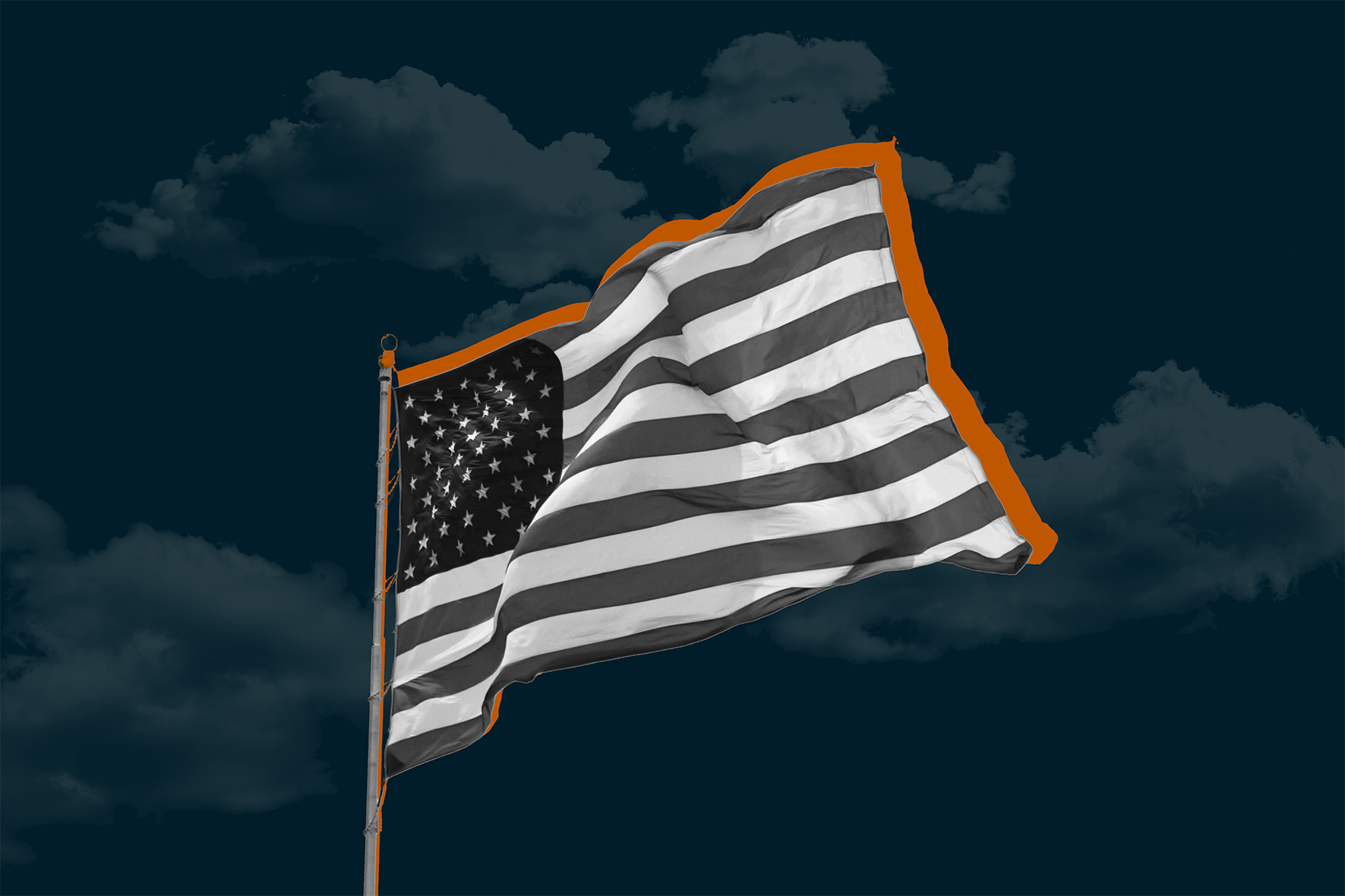
National Civitas Institute Poll: Americans are Anxious and Frustrated, Creating a Challenging Environment for Leaders
The poll reveals a deeply pessimistic American electorate, with a majority convinced the nation is on the wrong track.
.webp)
Liberal Democracy Reexamined: Leo Strauss on Alexis de Tocqueville
This article explores Leo Strauss’s thoughts on Alexis de Tocqueville in his 1954 “Natural Right” course transcript.
%20(1).avif)
Long Distance Migration as a Two-Step Sorting Process: The Resettlement of Californians in Texas
Here we press the question of whether the well-documented stream of migrants relocating from California to Texas has been sufficient to alter the political complexion of the destination state.
%20(3).avif)
Who's That Knocking? A Study of the Strategic Choices Facing Large-Scale Grassroots Canvassing Efforts
Although there is a consensus that personalized forms of campaign outreach are more likely to be effective at either mobilizing or even persuading voters, there remains uncertainty about how campaigns should implement get-out-the-vote (GOTV) programs, especially at a truly expansive scale.

There's a Perception Gap With the U.S. Economy
As we approach another election cycle, it’s worth asking: what’s real, what’s political theater, and what does it all mean if Democrats regain control of the House?

International Law Is Holding Democracies Back
The United States should use this moment to argue for a different approach to the rules of war.
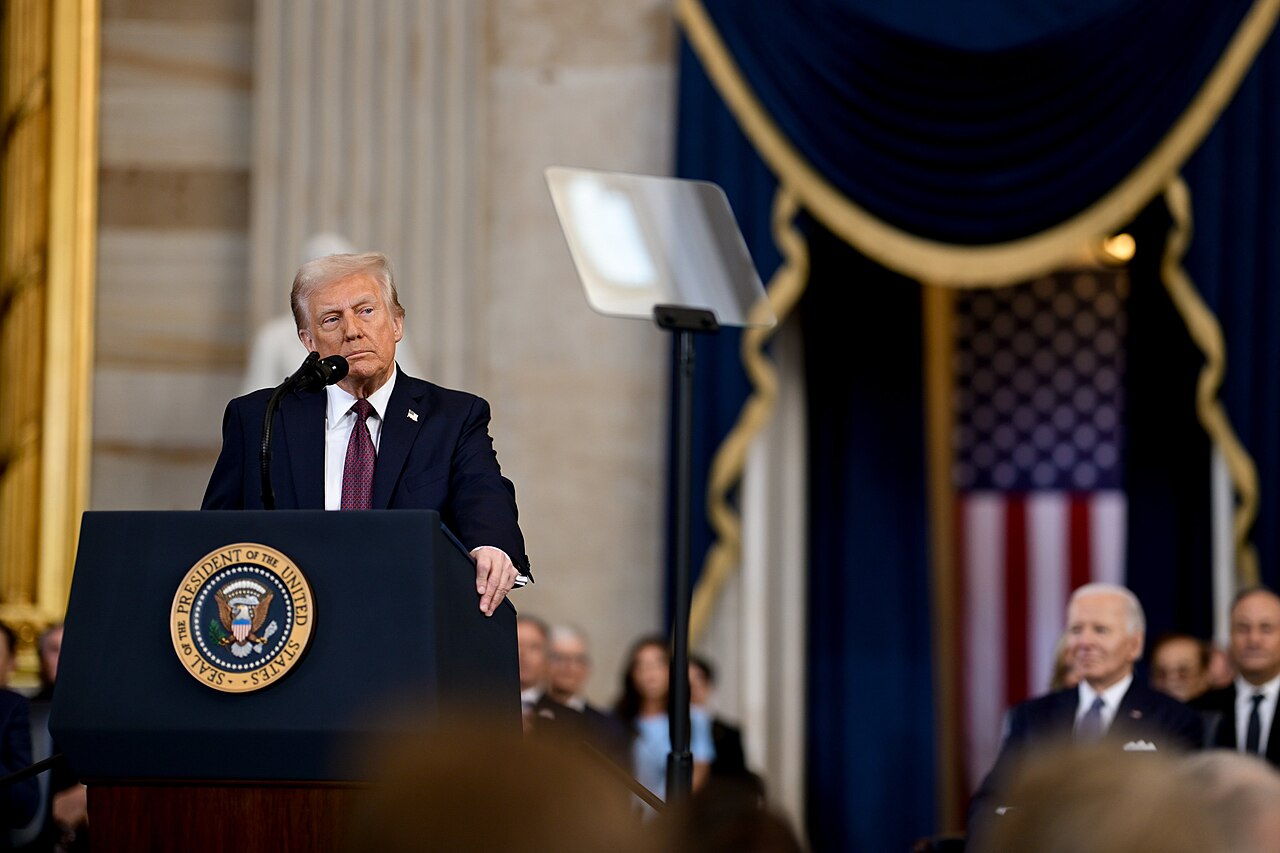
Trump purged America’s Leftist toxins. Now hubris will be his downfall
From ending DEI madness and net zero to securing the border, he’ll leave the US stronger. But his excesses are inciting a Left-wing backlash

California’s wealth tax tests the limits of progressive politics
Until the country finds a way to convince the average American that extreme wealth does not come at their expense, both the oligarchs and the heavily Democratic professional classes risk experiencing serious tax raids unseen for decades.

When Duvall Played Stalin
It’s strange to compliment an actor for impersonating a tyrant, but it is an act of courage.

When Vanity Leads to Impropriety
A president should simply not be allowed to name anything after himself without checks from Congress or an independent commission.








